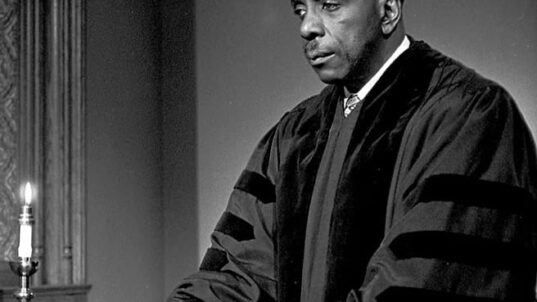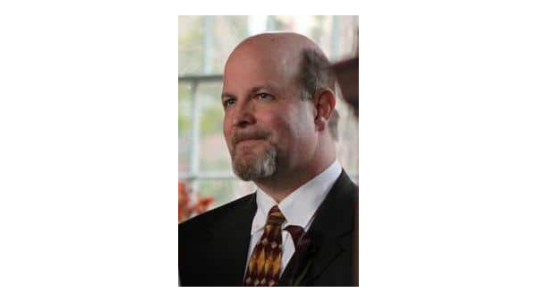
Photo by Avery Cocozziello on Unsplash
Mike was a military veteran who saw action in Iraq and Afghanistan as a US Marine. When he left military service, he decided to return to college. In almost every class, he was at least 10 years older than other students. His years of military service gave him discipline and life experiences that many of his classmates lacked. The other students looked up to him.
While Mike was gratified by the deference his classmates showed him, he also recognized that this could be a problem. In class discussions, Mike’s classmates often turned to him for his thoughts before anyone else spoke. While it wasn’t Mike’s intention, his comments would become determinative for the entire discussion. The effect was to hem in the discussion group, keeping them from exploring broader perspectives.
Mike sat down with the instructor, Dr. Obo Kudaisi, to develop a strategy to deal with this situation. Together they came up with some possibilities that Mike then shared via email with his classmates. He pointed out the problem and outlined some suggestions for how they could enhance their discussions by not deferring to him unduly. Though they took some practice, the strategies worked.
In many discussion groups, there may be an individual who commands authority and is given great deference by the other group members. Often this is someone who is highly respected by others or who has a position of some authority. Most of the time, these individuals don’t seek out the deference. They have to work to keep it from interfering with the openness of their discussions.
When confronted with a situation like this, the first approach is to deal with it directly. This was what Mike did. It often takes time to have others become comfortable dealing with the situation, even when the issue is approached directly. This is especially true when others may be fearful of speaking up.
Over time, the deference can be managed by some of the following strategies that Mike and his classmates used. Just replace “Mike” with the authority figure in any given group.
- When Mike comments, he tries to reinforce the comments of others
- Mike asks the facilitator never to call on him first
- Mike views his role as one of bringing common ground to what others are saying
- Mike sits in a position out of direct sight of the facilitator to reduce the facilitator’s tendency to continually look at Mike for affirmation
- Mike compliments others on comments they make
Collaboration is valued by most organizations and relationship groups. But collaboration remains superficial unless those in the discussion are equally comfortable in what they say. The reality is that most of the time, such deference is not something that an individual is seeking out. This is an issue that is best addressed up front and then reinforced throughout the discussions.
* * *
“A person that would secure to himself great deference will, perhaps, gain his point by silence as effectively as by anything he can say.” – William Shenstone (English poet and pioneer of landscape gardening)
This post is part of our “Think About” education series. These posts are based on composites of real-world experiences, with some details changed for the sake of anonymity. New posts appear on Wednesdays.



